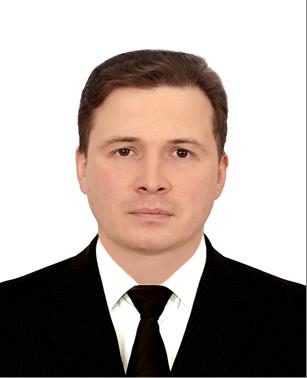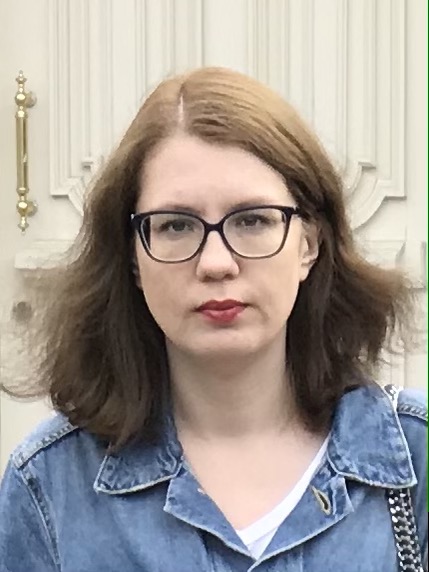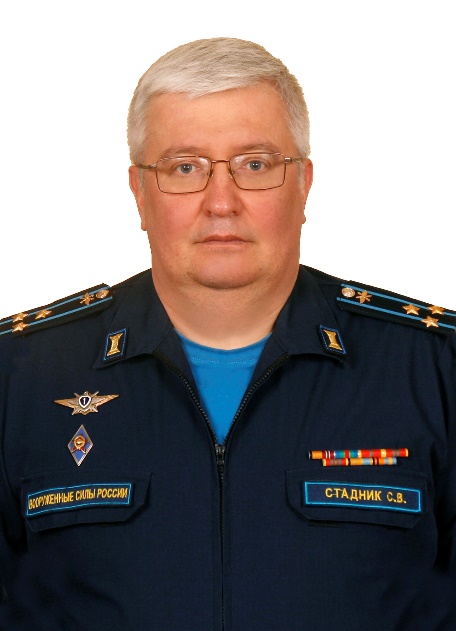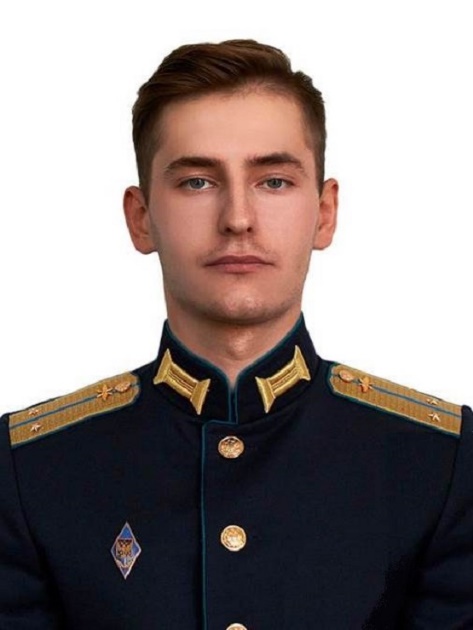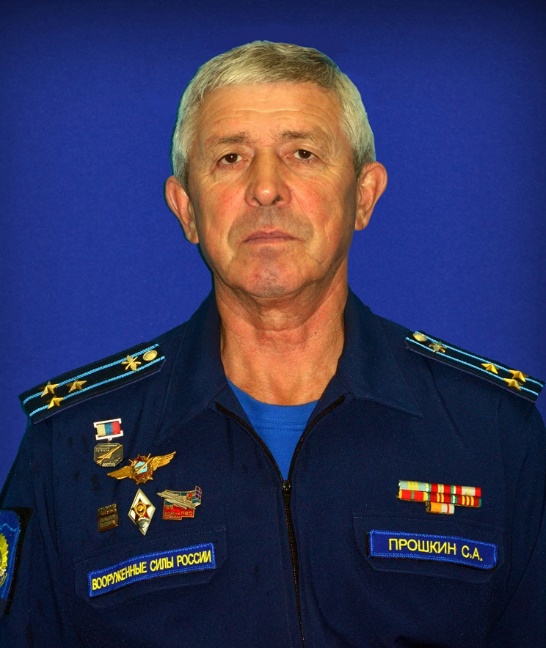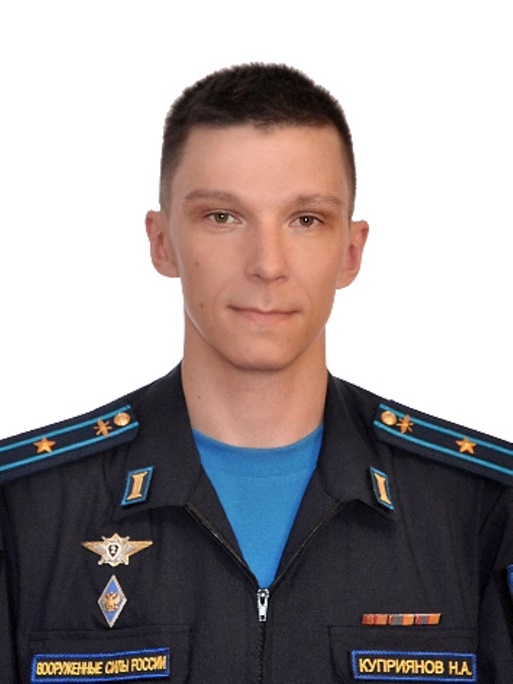Tuganov Gafurdjan Shokirovich
 E–mail: gafurtuganov8080@mail.ru
E–mail: gafurtuganov8080@mail.ru
Place of work: Higher Military Aviation School of the Republic of Uzbekistan. Tashkent region, Chirchik
Academic degree: Assistant professor
Post: Deputy Head of the Aviation Equipment Department
Specialty from nomenclature of scientific specialties (Code of Higher Attestation Commission): ¬†20.02.17 ‚Äď Operation and restoration of weapons and military equipment, technical support
Scientific major: Aircraft navigation equipment, control and diagnostics of aircraft engines
Important publications:
- Makhmudov N. A. Structures And Properties Of Ti Alloys After Double Implantation / A. Makhmudov, G. Sh. Tuganov, S. M. Rahimov, B. R. Shomansurov, B. Sh. Shamonov // International Journal of Bio-Science and Bio-Techno logy’ (IJBSBT). Vol-11-Issue-8-August-2019. P. 54-67.
- Mahmudov N. Researching laws for the distribution of random quantities based on experimental data of complex technical objects / N.¬†A.¬†Mahmudov, G. Sh. Tuganov, Z. F. Abijanov, Z. Sh. Bahriddinov // ‚ÄúSustainable agriculture‚ÄĚ scientific and technical journal. ISSN 2181-9408. Toshkent. 2019. ‚ĄĖ. 4. P. 34-38.

